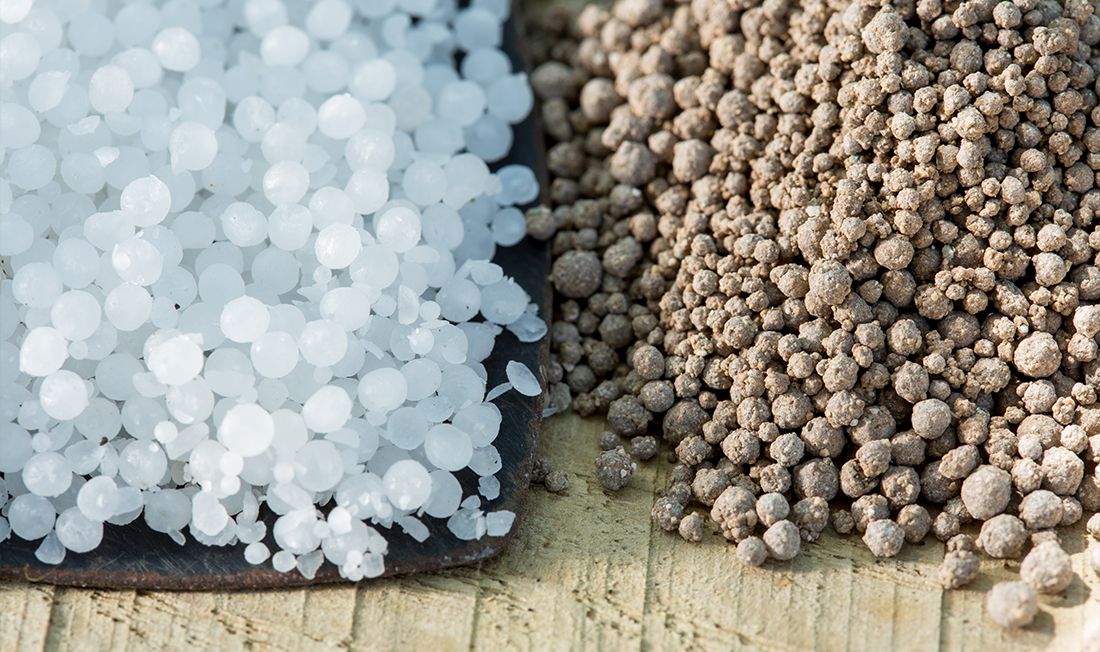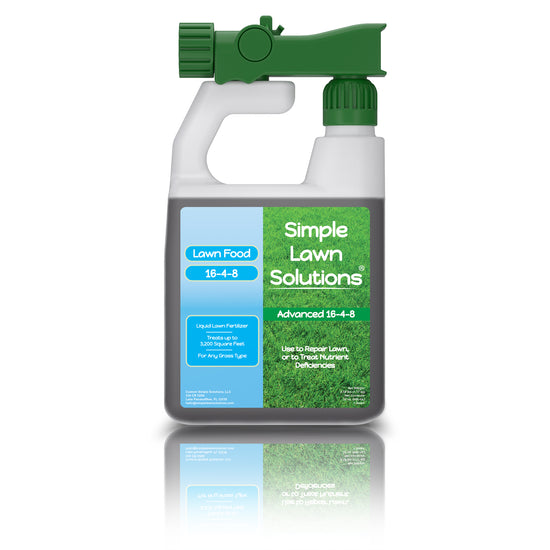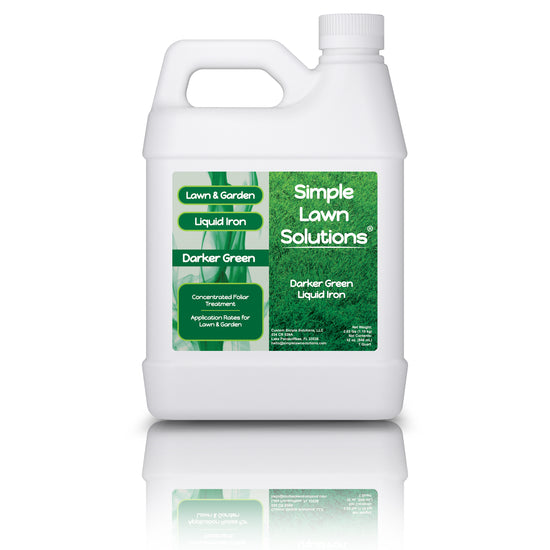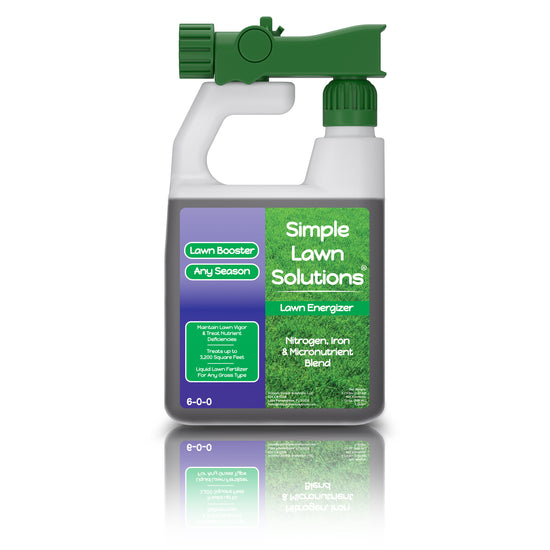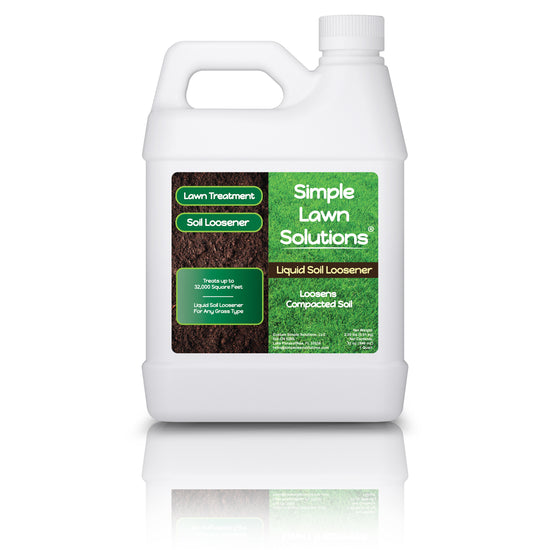For years, the term organic has gained increasing attention in all sectors of agriculture, from lawn and landscape to grain crops and food crops. Organic products are typically viewed as safe, sustainable products that provide greater environmental benefits than their synthetic alternatives. But with so many different products considered organic, some may argue that the term has become so diluted that its true meaning is not well understood.
So, what does organic really mean, and what are the implications for selecting organic vs. synthetic products?
What Does Organic Mean?
Put simply, organic fertilizers contain carbon molecules and are derived from plant and animal matter. This matter, available from a variety of sources such as shale, manure, manufacturing waste, etc., contains plant nutrients that are bonded to carbon. When the fertilizer is applied, the nutrients separate from the carbon molecule or molecules and are absorbed by the plant. This first step is necessary as plants can’t directly uptake nutrients that are bound to carbon.

What Does Inorganic Mean?
“Synthetic,” or inorganic, is the term given to fertilizers that do not contain carbon. With some exceptions, they are the mined product of naturally occurring mineral deposits. They tend to contain fewer quantities of nutrients that are in greater concentrations (OSU). Potassium chloride, the most widely used potassium fertilizer, is a naturally occurring salt that contains greater than 50% potassium. It can be applied on its own, or it can be combined with other nutrients through a manufacturing process. Many popular nitrogen fertilizers are produced via the Haber-Bosch process, which combines hydrogen atoms with nitrogen derived from the atmosphere to produce ammonia.

The Advantages and Disadvantages of Synthetic and Organic Fertilizers
Organic and synthetic fertilizers each have their advantages and disadvantages. Since organic fertilizers also contain carbon (and other matter, in some cases) their nutrient contents are typically a bit lower and less predictable than their synthetic alternatives. Organics are often sold at a higher price point, and they work a bit slower as they have to be converted to inorganic form in the soil before plant uptake can occur. However, organic products can feed and stimulate beneficial microorganisms that rely on carbon for energy. This effect contributes to overall soil health and structure.

Synthetic fertilizers do not directly affect soil health in this manner, but their more predictable nutrient contents can allow for more precise applications that have a significant effect on plant and root growth. Healthier plants will further stimulate microbial life and lead to enhanced soil characteristics. It’s important to calculate and time your applications of synthetic fertilizers effectively. Since the nutrients are already in plant-available form, they can be lost to leaching, erosion, and runoff if applied in excess and are not used quickly enough by the plant.

Which Should You Use?
When creating your lawn plan, it’s best to incorporate a healthy mix of organic and inorganic fertilizers to reap the benefits of both application types. Organic fertilizers, such as Simple Lawn Solutions Root Hume, Sea Hume, and Soil Hume, will contribute to the soil microbiome, can be applied throughout the year, and are not prone to damaging your lawn when applied in extreme conditions. Rather, they’re excellent for mitigating plant abiotic and biotic stresses when growth conditions are less than ideal. Incorporating inorganic fertilizers such as Simple Lawn Solutions’ 28-0-0, Growth Booster, and Lawn Energizer, is ideal for maximizing root and foliar growth of your lawn.
For precise information regarding the timing of applications of all Simple Lawn Solutions products, our Professional Lawn Guide is available for purchase.
Support, E. W. (2023, July 3). Here’s the scoop on chemical and organic fertilizers. OSU Extension Service. https://extension.oregonstate.edu/news/heres-scoop-chemical-organic-fertilizers


